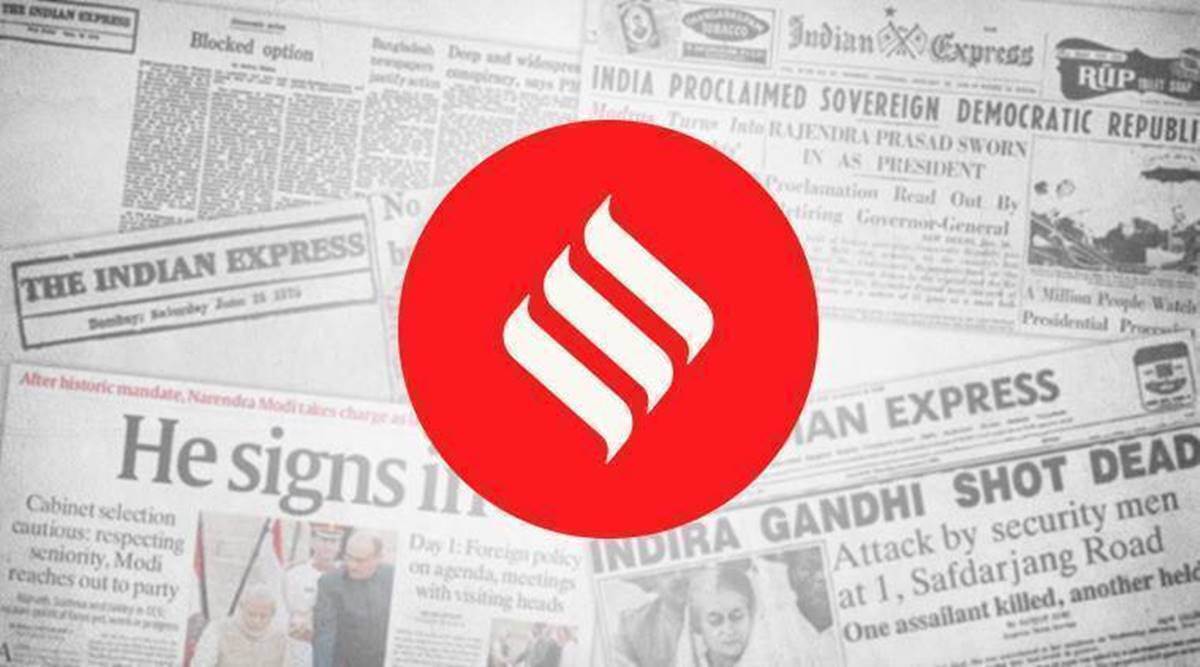 Can farmers eat pizza? The answer is why not? What is pizza, really? At its most basic, pizza is a food whose primary ingredient, wheat, is grown by these very farmers.
Can farmers eat pizza? The answer is why not? What is pizza, really? At its most basic, pizza is a food whose primary ingredient, wheat, is grown by these very farmers.On Wednesday, the government kickstarted the process of auctioning 4G spectrum, approving the sale of 2,251 MHz of spectrum at a reserve price of Rs 3.92 lakh crore. The auction is expected to be completed by March next year with bidders having the option of either paying the entire amount upfront, or paying a certain amount now, with the balance being paid in annual instalments subsequently. Considering the revenue shortfall that the Centre is facing, a successful auction could help boost its coffers — in the budget, the government had pegged revenue from “other communication services”, which includes licence fees from telecom operators and receipts on account of spectrum usage charges, at Rs 1.33 lakh crore in 2020-21.
However, whether this round of auction will be met with enthusiasm is not clear as high reserve prices have in the past led to poor outcomes. For instance, in the previous auctions held in 2016, while the government had offered 2,354.55 MHz of spectrum, it was able to sell just 40 per cent (965 MHz) due to high reserve prices. As a result, it was able to mop up only Rs 65,789 crore. This time around, it is possible that telcos looking to renew their licences in bands which are expiring in 2021, and seeking to plug existing gaps, might pick up spectrum in the less expensive bands. But demand for the higher priced bands is uncertain. For instance, the reserve price for the 700 MHz band — it is more efficient than the bands being offered, and has better propagation characteristics — is pegged at Rs 6,568 crore per MHz for all India. While this is around 43 per cent lower than the 2016 price of Rs 11,485 crore, when it remained unsold during the auctions, whether firms will bid at even these prices remains to be seen. Telecom operators have in the past complained about the high reserve prices. Some may opt out of the bidding, while others may bid, heightening the risk of “winner’s curse”. Alternatively, high reserve prices could lead to a situation where bidding is dominated by a single player to the detriment of both competition and consumers.
Reportedly, the Department of Telecommunications is yet to finalise the bands for auction of 5G spectrum. This puts telcos in a blind spot. With no clarity over which band will be offered up for auction, and when, they are unable to plan their auction strategies in advance. The government would thus do well to provide a timeline of when it intends to auction 5G spectrum. Equally, it must reconsider its approach, which is driven more by concerns of revenue maximisation than the sector’s welfare.